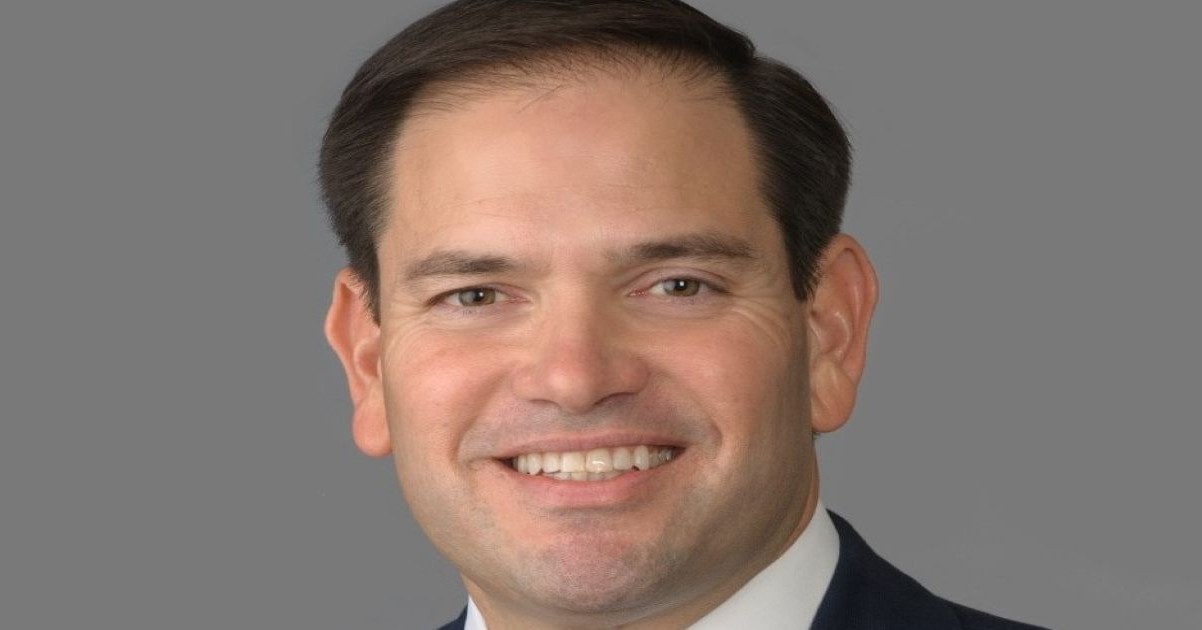Supreme Court appears receptive to giving Oklahoma death row inmate a second chance
The Supreme Court appeared receptive to arguments Wednesday that a death row inmate in Oklahoma was denied a fair trial, raising the possibility that he could have his conviction thrown out.
Richard Glossip was convicted in 1998 for hiring another man to kill his boss. For nearly two hours, the justices probed whether exculpatory evidence was withheld in the case.
Glossip's lawyers argue that the case was tainted by false testimony from the key witness, Justin Sneed.
Supreme Court death row case
In exchange for a life sentence, Sneed testified that Glossip offered him $10,000 to kill motel owner Barry Van Treese.
Glossip's lawyers have argued that prosecutors withheld exculpatory evidence and failed to correct misleading testimony from Sneed, who told the jury that he was not being treated for mental illness. Independent investigations later uncovered that Sneed had seen a psychiatrist for bipolar disorder.
The court's three liberals, and conservative Brett Kavanaugh, sounded convinced that Sneed's testimony had undermined Glossip's right to a fair trial.
"The whole case depended on his [Sneed's] credibility," Kavanaugh said.
Elena Kagan agreed, saying, "that seems pretty material to me. I mean, it’s just your one witness has been exposed as a liar.”
Justices debate notes
Besides Kavanaugh, the court's other conservatives were less receptive to Glossip's case.
Four of the conservatives cast doubt on the importance of terse prosecution notes that questioned whether Sneed was on lithium and seeing “Dr. Trumpet," an apparent reference to the jail's psychiatrist Dr. Trombka.
Conservatives Clarence Thomas, Samuel Alito, and Amy Coney Barrett called the notes cryptic and open to interpretation. Chief Justice John Roberts argued the notes added little because the jury was aware that Sneed was on lithium, which is a common psychiatric medication.
"Do you really think it would make that much of a difference to the jury?" Roberts asked.
Oklahoma siding with inmate
The highest criminal court in Oklahoma has upheld Glossip's conviction, and the justices debated Wednesday whether they even had the jurisdiction to disturb the ruling.
Conservative Neil Gorsuch did not take part in the arguments because of his past involvement on an appeals court.
That left eight justices to hear the case. If the court splits 4-4, Glossip will face execution.
Oklahoma's Republican attorney general, Gentner Drummond, has conceded that Glossip's trial wasn't fair.
The family of the victim wants Glossip to face the death penalty.





